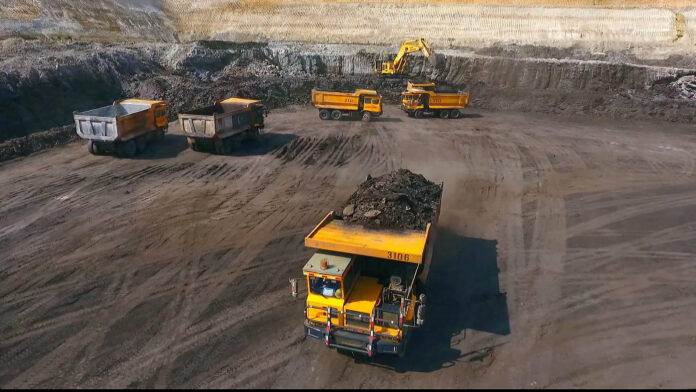On a hot April afternoon in 2019, Pakistan fired up its first ever power plant fueled by domestic coal. The shiny new plant, run by the Sindh Engro Coal Mining Company, was the sort of project bureaucrats, politicians, and development sector flunkies dream about and doodle the name of in their secret diaries.
For starters, it was the first to exploit the 175 billion tonnes of lignite that was spread across the 900 km2 coal fields in Tharparkar, which is possibly the second largest coal reserve in the world.
Check.
The project was being run through a public-private partnership between the Sindh Government and Engro Corporation, which is by far one of the most responsible organisations in corporate Pakistan.
Double check.
And the real kicker? Engro’s Thar Project came under the China Pakistan Economic Corridor with $50 billion of proposed investment in infrastructure projects. At the time this was one of the most talked about projects in terms of how China’s Belt and Road Initiative was impacting the global energy landscape.
Triple check.
But the timing, dear reader, was awfully ironic.
The Thar Coal fields had first been discovered in 1991 through a joint mission (we used that term very liberally) of the Pakistan Geological Survey and the United States Agency for International Development. With an estimated 175 billion tonnes of lignite, the Thar Coal Fields have the capacity to produce 100,000 MW of electricity for the next 200 years.
To put that into perspective, as of now the largest coal reserves in the world exist in the USA with just under 250 billion tonnes of recoverable coal. The content in this publication is expensive to produce. But unlike other journalistic outfits, business publications have to cover the very organizations that directly give them advertisements. Hence, this large source of revenue, which is the lifeblood of other media houses, is severely compromised on account of Profit’s no-compromise policy when it comes to our reporting. No wonder, Profit has lost multiple ad deals, worth tens of millions of rupees, due to stories that held big businesses to account. Hence, for our work to continue unfettered, it must be supported by discerning readers who know the value of quality business journalism, not just for the economy but for the society as a whole.To read the full article, subscribe and support independent business journalism in Pakistan










So informative topic
Very beautiful work.
Nice Information for Pakistanis!
After reading a summary of capacity payments to Thar Coal electricity plants I have failed to understand the logic behind not using this cheap source of power. The people at helm of power set up are either corrupt or inefficient and in both cases we are the ultimate victims. Please do some favour to this poor nation.
Superb work in bringing out the details of the project, that we (the scientific comm) were keen to see it happening. Unfortunetly all the researchers in the country face the same red-tapes, primerliy because the decision makers don’t have a slightest idea or R&D sector works. They are always short sighted comparing the development cost with off the shelf solutions from international market (particularly China).